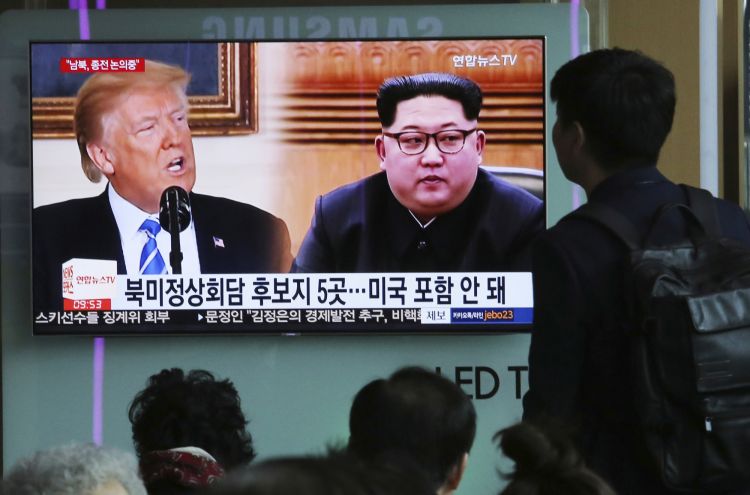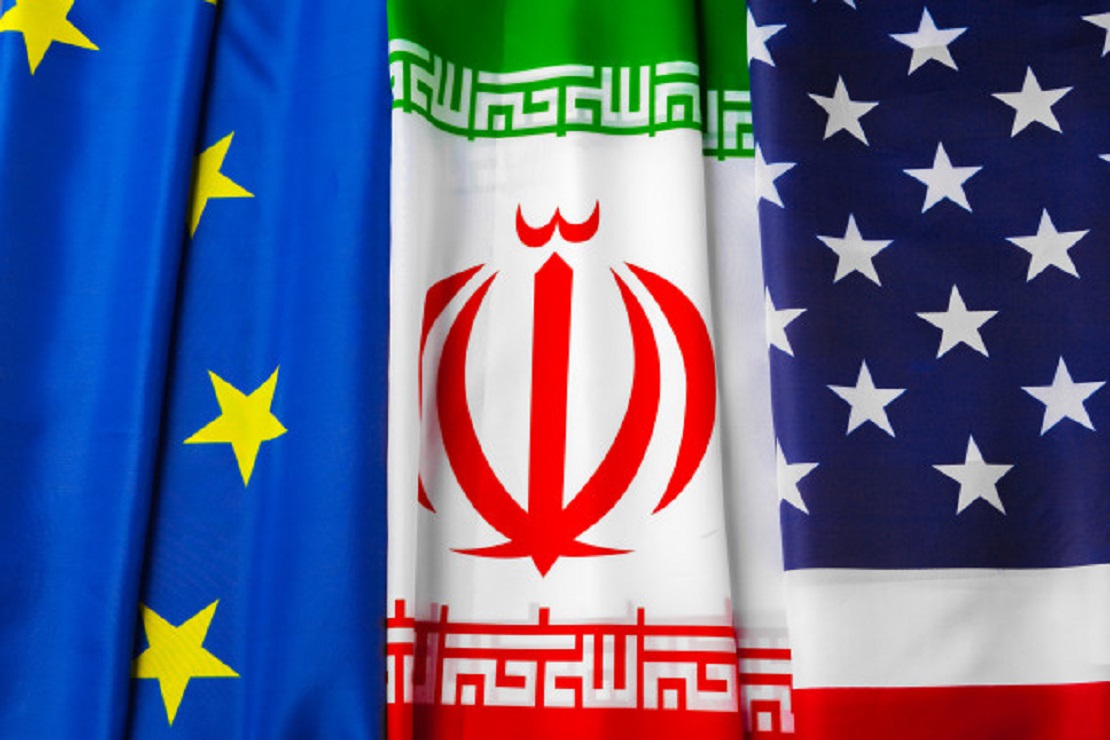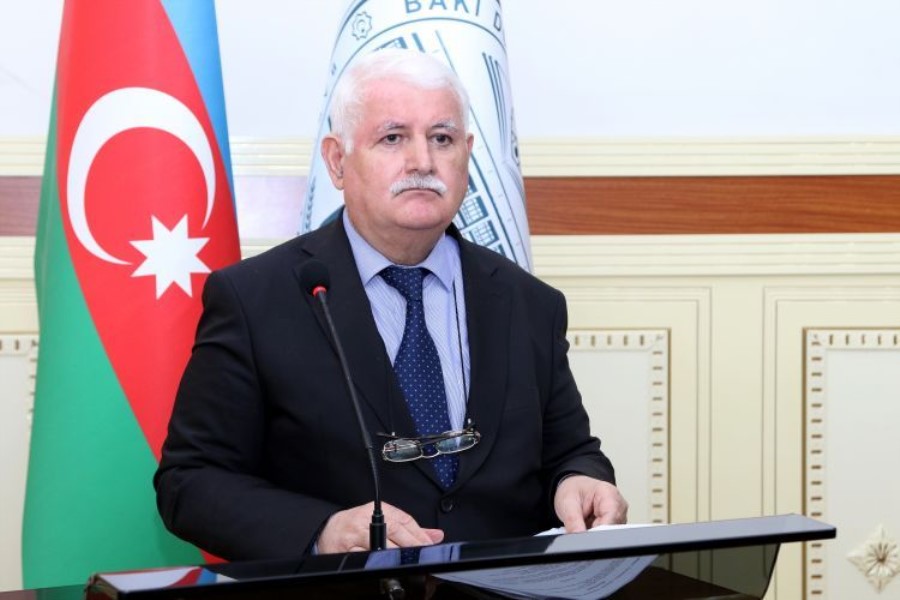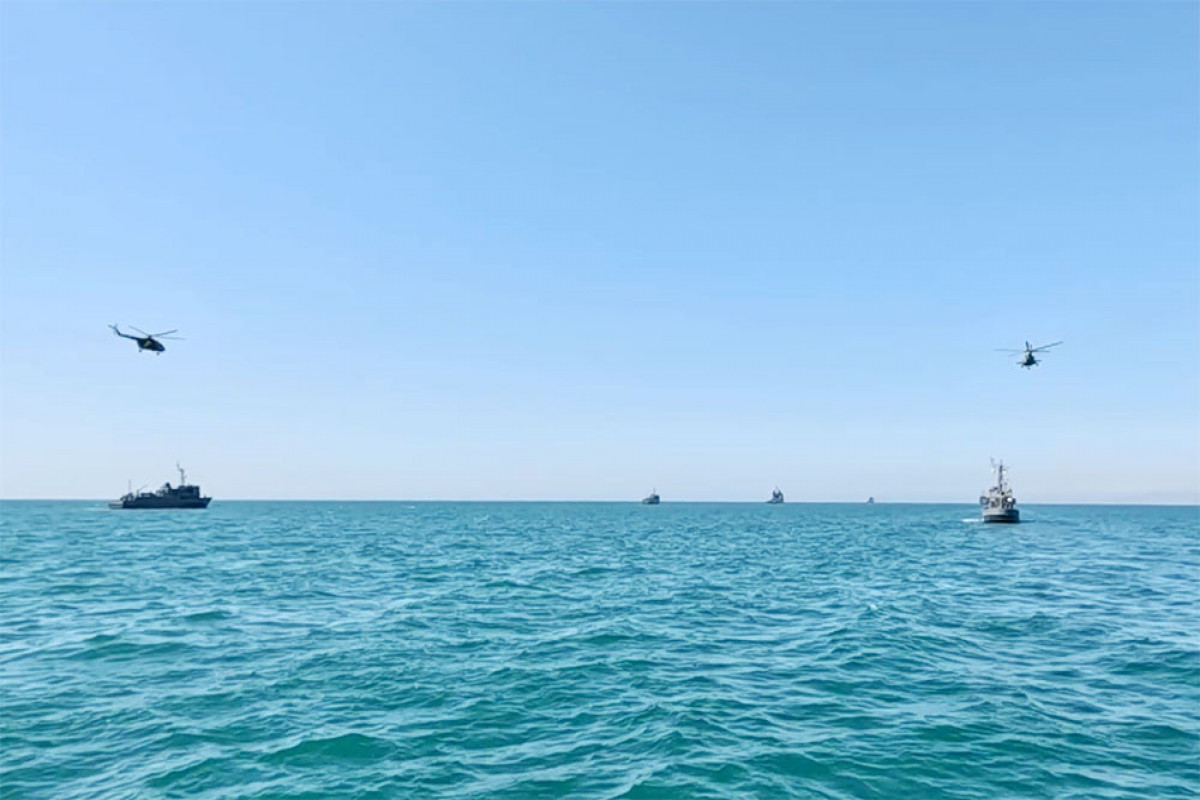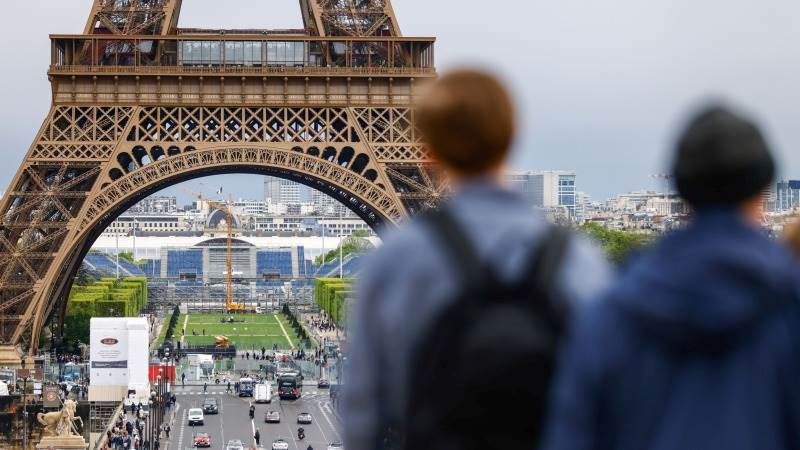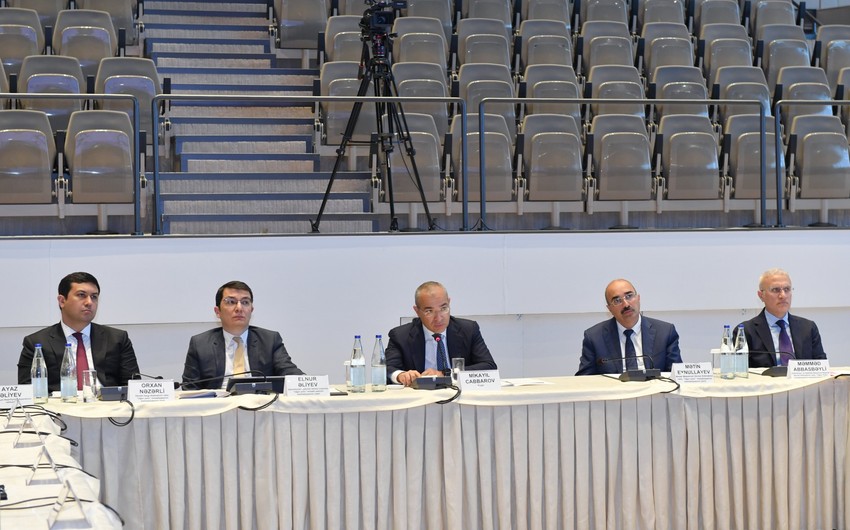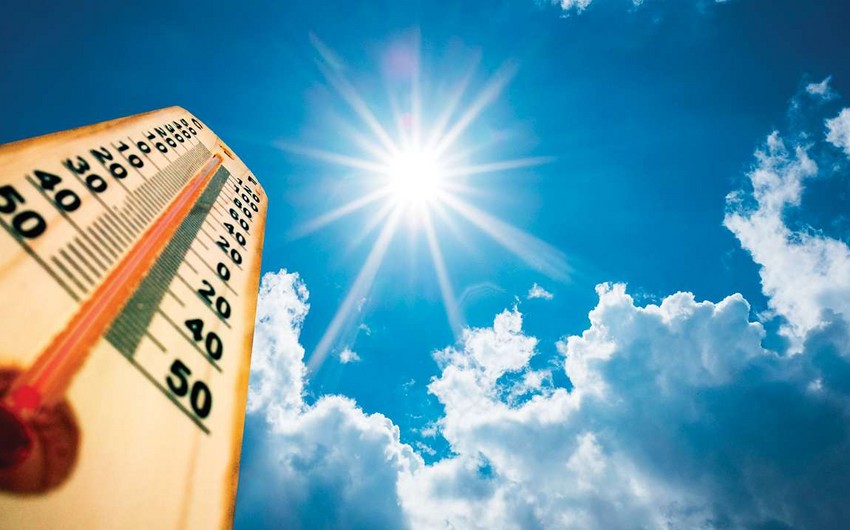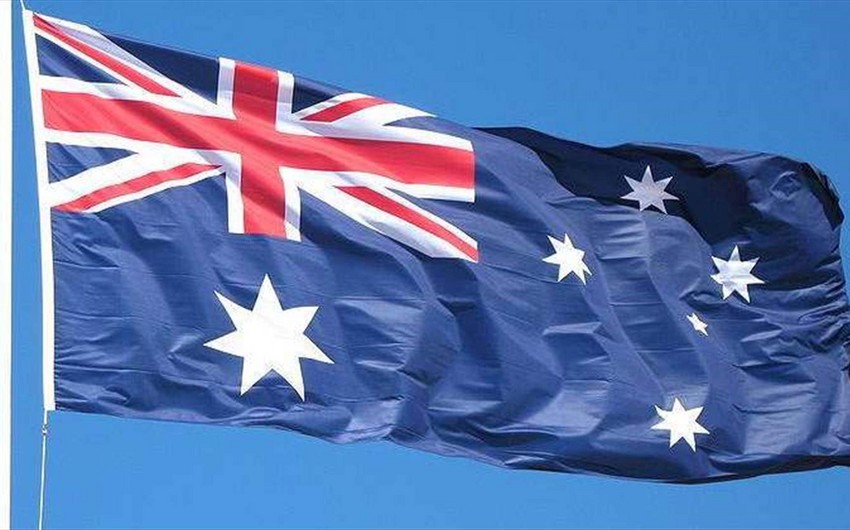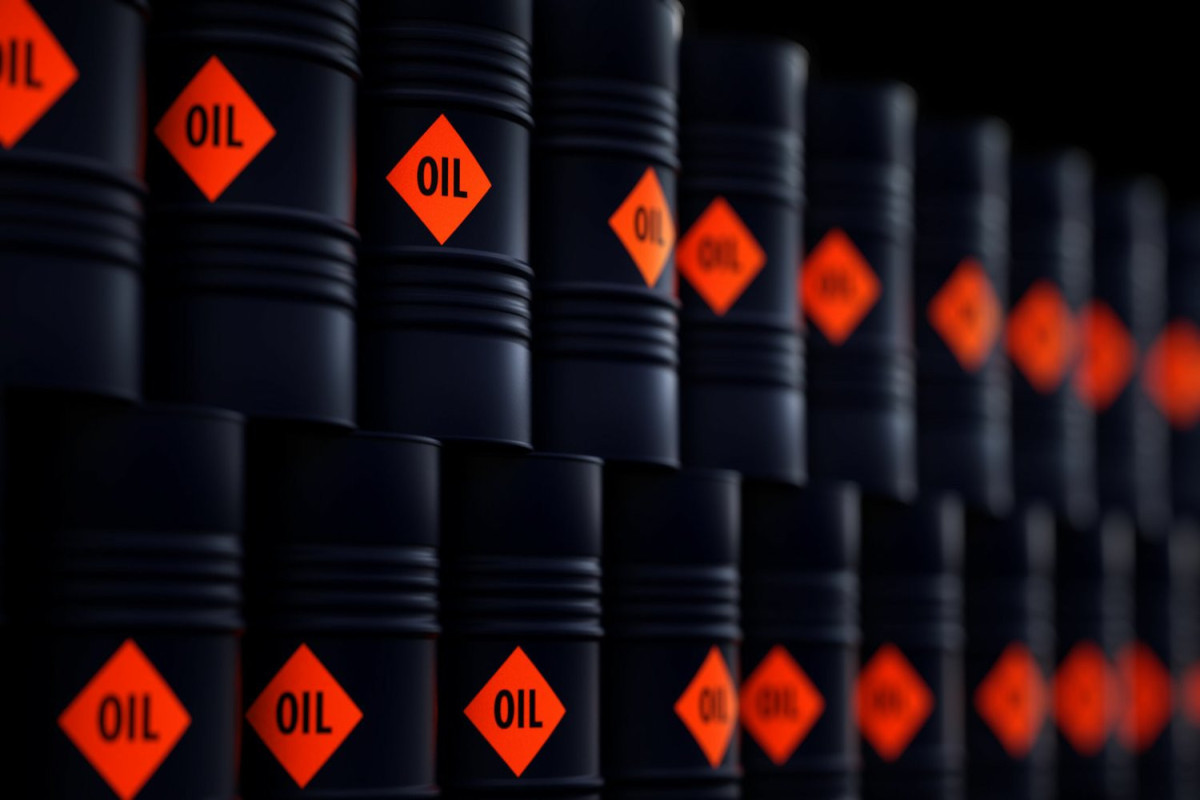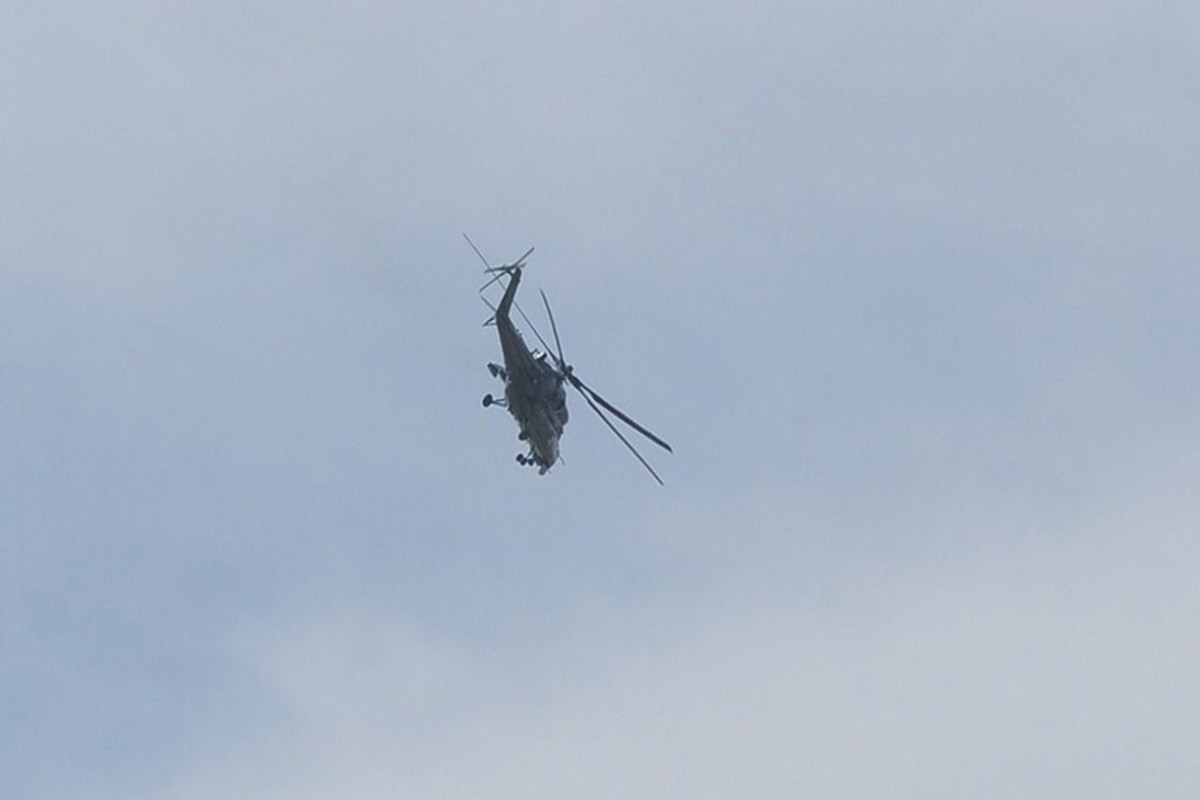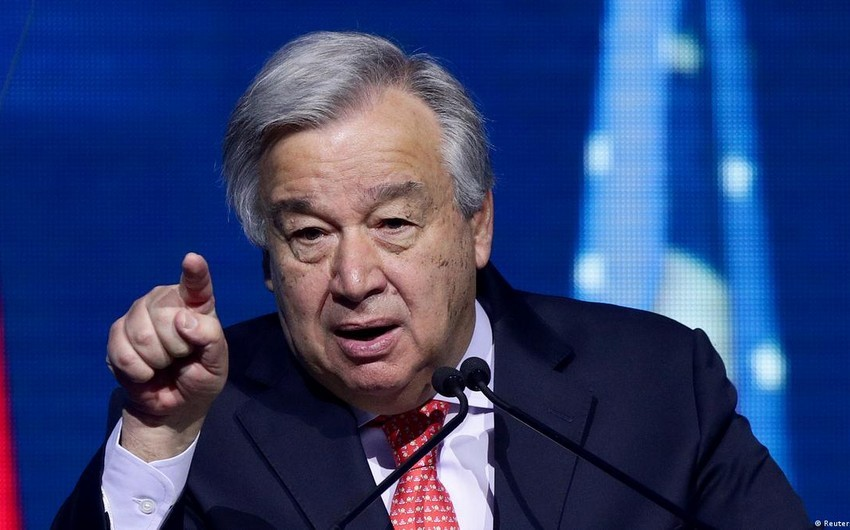As North Korean delegation holds the nuclear talks with US official in New York, Russian FM visited Pyongyang on Thursday. In addition, the U.S.-China trade dispute entered its new stage after Washington's 25% tariff decision on Chinese tech goods. Taking into account that Russia and China are the main supporters of the North Korea, then in this febrile atmosphere, the possible consequences of Trump-Kim summit remains uncertain. Political scientist and historian
Bruno Surdel conmmented on
Eurasia Diary's questions on the future prospects of political tension in the Korean Peninsula.
Political analyst said that Donald Trump has decided for an ‘aggressive diplomacy’ based on the conclusion that a ‘soft’ and ‘predictable’ diplomatic approach or a kind of ‘appeasement’ of rogue regimes, supposedly practiced by his predecessor - Barack Obama - hasn’t brought any actual, significant or commendable fruits. That strategy has allegedly only emboldened the countries in question (North Korea, Iran and Russia), as well as US ‘strategic competitor’ – China - to threatening American strategic interests, and compromising its allies’ security from the Middle East to the Indo-Pacific region. However, Obama’s signature project: ‘Pivot to Asia’ and Trans-Pacific Partnership (TPP) were actually designed to contain and somewhat isolate China in the Asia – Pacific.
Now - since a month or so - we have been watching a kind of ‘soap-opera’ with president Trump and Kim Jong-un as its main actors. But - behind the scenes – there are Russia and China who have been intensively working to secure their ‘core interests’ confronted with the prospect that the June 2018 summit may formally end the 1950-53 Korean War (even if it seems unlikely for now).
So this is why Russian Foreign Minister Sergei Lavrov met with North Korean leader Kim Jong-un in Pyongyang exactly when a top North Korean official - Kim Yong Chol - was in New York for negotiations with US Secretary of State – Mike Pompeo. Lavrov declared Moscow will be ready to accept and support agreements on the DPRK "that will meet the interests of all parties involved." Interestingly, earlier Russian Foreign Minister said that the nuclear crisis on the Korean peninsula can be solved only if the sanctions imposed on DPRK are completely lifted. Of course, the American position is: first denuclearisation, only then – the sanctions may be eased.
The main problem is that USA and North Korea understand ‘denuclearization’ in a different way. Kim Jong-un wants a gradual and reciprocal proces (some experts say: 10-15 years), while president Trump wishes unilateral and rather swift moves on the part of Pyongyang. But the situation is extremely dynamic – it’s really hard to catch up with the current „Twitter diplomacy” - so we cannot predict what finally happens in June and how both countries’ positions may change in the meantime.
Apparently, president Trump’s strategy has proved succesful so far as evidenced by two recent meetings of both Korean leaders at the border ‘truce village’ of Panmunjom, ‘dismantling’ of North Korean nuclear test site, and the surprising reaction of Pyongyang to president Trump’s (temporary) cancellation of the June 12 summit wich was then - thanks to that constructive reaction - ‘salvaged’ and got back on track with both US and North Korean delegations visiting their respective countries and Singapore for talks and preparation work.
"Aggressive" US foreign policy and tactical alliance against it
The Trump administration has done a tremendous job to weaken the seemingly unshakable strategic alliance with Europe and to push European Union, China and Russia to form a kind of tactical alliance in order to confront a new, ‘aggressive’ US foreign policy amid a global trade war looming on the horizon. Just several days ago, German Chancellor Angela Merkel met Vladimir Putin in Sochi, then there was the St. Petersburg International Economic Forum and the Russian president held talks with the French leader – Emmanuel Macron, IMF’s head – Christine Lagarde, Japanese Prime Minister – Shinzo Abe, and the influential Chinese vice president, former anti-corruption tsar – Wang Qishan. The ‘multilateralism’ was much debated on those events – as opposed to the American ‘unilateralism’.
Recent US’ withdrawal from the Iran nuclear deal (JCPOA) and president Trump’s decision to move the US Embassy to Jerusalem, have sent shocks across the world. Now it’s prohibitive tariffs on steel and aluminum to be possibly imposed on imports from Europe, Canada and Mexico that – what’s important - followed the White House announcement that 25% tariffs to be imposed on USD 50 billion in imported Chinese goods containing „industrially significant technology”.
So - indeed- this is not just China and its leader- Xi Jinping - that have been experiencing tough times with the new American administration. In the age of a ‘trade war’ looming between China and the USA (among others), Beijing has to act on two fronts simultaneously: the Korean one and that of trade. Massive tariffs on Chinese products announced by the Trump administration combined with devastating punitive sanctions imposed on the Chinese telecom giant ZTE will probably cause Beijing to faster and deeper opening up its market for American goods and services (and reduce the large trade deficit the USA has with China) but it’s hard to expect President Xi Jinping to agree for a compromise on his (and Prime Minister Li Keqiang’s) signature Made in China 2025 strategic plan. But this is precisely what Washington wants to achieve: to dismantle that Chinese hi-tech project. China, however, may invite foreign firms to engage in Made in China 2025. The Trump Administration is evidently playing a ‘carrot and stick’ game both with Beijing and Pyongyang. Trump’s declarations to „give massive Chinese phone company, ZTE, a way to get back into business” because „too many jobs in China lost” have been combined with billions-worth ‘penalties’ imposed on ZTE, anyway.
Recent visits of high-level US officials in Beijing and the Chinese delegation in Washington, were declared by both parties as a 'success'. What followed was Chinese announcements on coming reduction of tariffs on imports of various foreign goods, including agricultural products, cars, cosmetics, and even home appliances, and Beijing’s promised that it’s willing to widely open up for American services and even energy. That shows the US strategy produces desirable results.The new tariffs, announced now, are Trump’s weapon to force China (and Europe) into a new trade deal – totally on American terms. It remains to be seen, however, if that’s not too much for China, Europe and US’ NAFTA partners: Mexico and Canada; and how determined these countries will be not to ‘surrender’ to the United States.
So it’s quite obvious that president Xi Jinping is rather realistic on the prospects of striking a ‘good’ deal with Donald Trump. This is also to say about the much anticipated (off-again – on-again) Korea summit on June 12, 2018 (if it takes place on that date) - where Mr Kim Jong-un of North Korea is going to play a role written for him in detail by Beijing he had visited twice recently. But for Beijing choices here are rather limited and even more so for Pyongyang. Both Xi Jinping and Kim Jong-un have no illusion as to the fact that the USA have got the upper hand in that grand game. The possible June summit in Singapore may be succesful if both parties and South Korea agree on the timing and the very meaning of the North’s denuclearization. Secretary Pompeo clearly stated that USA is „committed to the complete, verifiable, and irreversible denuclearization of the Korean Peninsula”. Now the question is WHAT Pyongyang and Beijing get in return. ‘Chairman’ Kim wants to survive – so he will demand from president Trump „security assurances” for his regime, and some economic assistance, including possibly foreign investment in his country. China, on its part, must defend its core interests on the Korean Peninsula. North Korea is a buffer state between China and American military assets in the South. In the same time, however, Beijing doesn’t want millions of North Korean refugees, so also it genuinely needs a deal – BUT a ‘win-win deal’ to be cut between all the stakeholders.
Within the narrower, trade context, any Beijing's concessions to Washington may be interpreted as a Chinese strategy to 'wait out' the Trump administration. It is also difficult to say how much the Chinese government will actually fulfill from its promises given to the current US administration. Whatever happens, the dynamic situation will cause Beijing to maintain 'strategic distrust' towards Washington and to look for a way to gradually gain some ‘leverage' over the United States. No doubt about that. President Trump’s way of dealing with his European allies is obviously disappointing to them but it has created a unique opportunity both for China and Russia to change the paradigm of global alliances. In particular, China can present itself now, as a ‘mature’ and predictable super-power -‘in waiting’.
Farid Hasanov
Bruno Surdel is a member of the Centre for International Relations in Warsaw. Graduated from the University of Warsaw. 2011 - 2016 he was a lecturer at the Zirve University in Gaziantep - Turkey. Several times visiting professor at the Chinese Academy of Social Sciences in Beijing - National Institute of International Strategy; in Shanghai: Shanghai International Studies University, and Renmin University (Beijing). He attended many international conferences on Asia and the Middle East. He has conducted research on international security in Turkey - Middle East - China, with particular focus on Syria and Iraq (political Islam, terrorism). His research interests involve also the New Silk Road initiative (OBOR). Twitter: @BrunoSurdel

